These Are the Only Self-Tanners Derms and Tanning Experts Green-Light for Sensitive Skin

I'm not usually one for self-tanner because I'm already Brown and have sensitive skin, but there are a few formulas out there that I love for providing the perfect summer glow year-round. Wanting that impeccably bronzed look and having sensitive skin don't always go hand in hand, and I'm sure you can relate if you have a similar skin type.
For the most part, my skin doesn't react too badly to natural tanning agents. I try to choose formulas that are gradual and contain other nourishing ingredients that allow it to double as a body moisturizer. I'll be sharing a few formulas that have worked well for me, and I also included expert insight on what you might want to avoid in a self-tanner if you have sensitive skin and their top picks. Keep reading for what they had to share.
What self-tanner ingredients should those with sensitive skin avoid?
If you have sensitive skin that reacts easily, there's one major ingredient in self-tanners that you might want to avoid. Cosmetic injection specialist Kristin Gunn explains a bit more.
"A lot of my patients have sensitive skin, and it seems like self-tanners with dihydroxyacetone can cause reactions," she says. "This is an active ingredient in many tanning products. People with sensitive skin or a history of contact dermatitis should do a patch test before using on the face. Any product (makeup, self-tanner, face wash etc.) with fragrances and or preservatives can increase the risk of irritation in those with sensitive skin. In addition, many fragrances are made from chemicals that are known carcinogens. Sensitive skin is often also dry skin. Sulfates in any of your products can cause skin to lose moisture, making it more prone to reaction. Some older self-tanners include the ingredient isopropyl myristate. This one can block pores, which can also contribute to an acneic reaction."
It should be noted that dihydroxyacetone is a natural tanning agent derived from sugar beets and sugarcane, so it's present in a lot of organic formulas and may not bother some folks, even with sensitive skin. As Gunn stated, make sure you do a patch test before using any kind of self-tanner—that will ensure whatever you use is suitable for your particular skin type.
Board-certified dermatologist Mina Amin, MD, FAAD, seconds that fragrance should be avoided if you have extra-sensitive skin. "I recommend avoiding fragrance, as this can lead to irritation and rashes," she explains. "I also try to avoid denatured alcohol, as this can be very drying to the skin."
For the best self-tanners for sensitive skin, keep reading below.
The Best Self-Tanners for Sensitive Skin
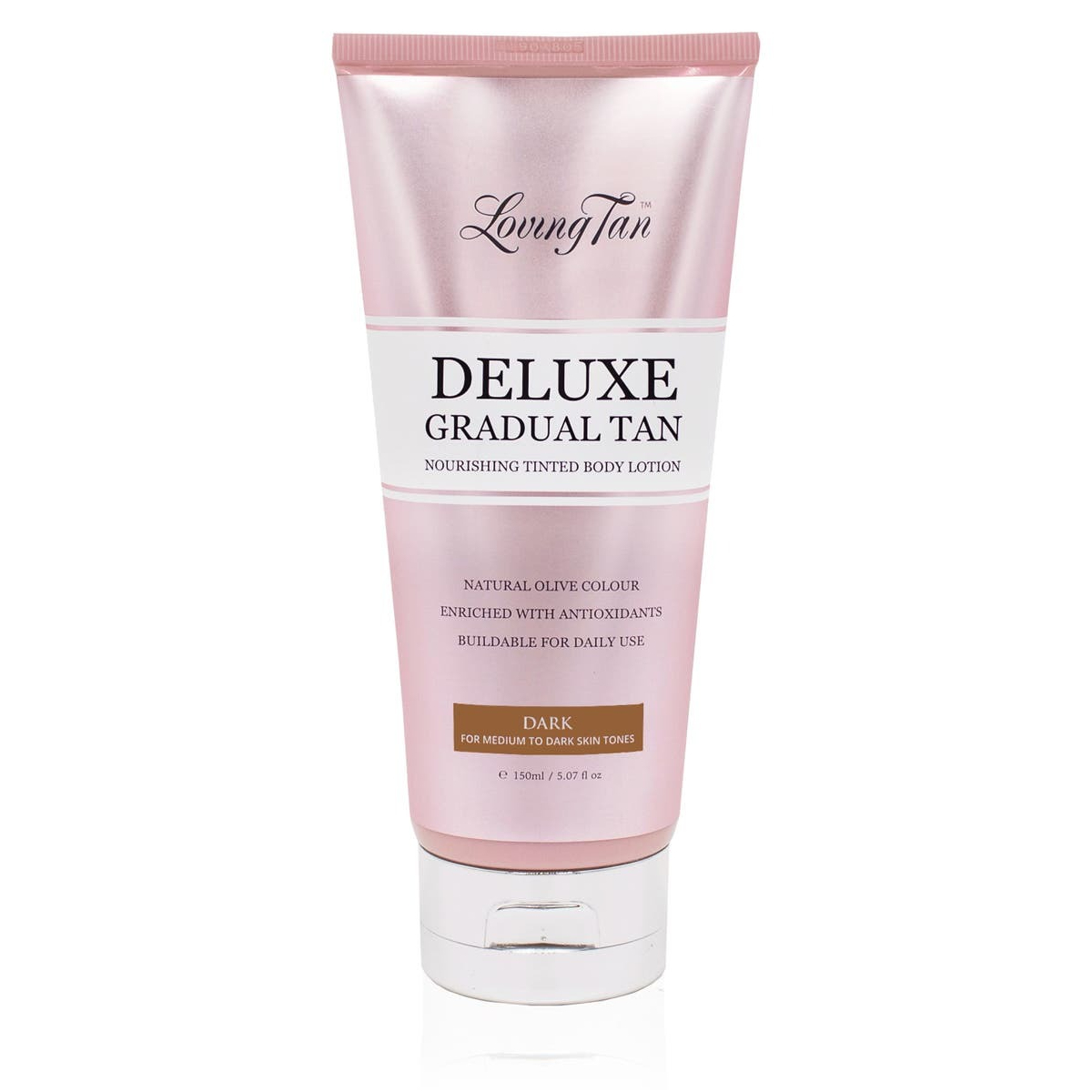
Pros: Contains skin-loving organic ingredients suitable for sensitive skin, comes in a variety of shades for different skin tones
Cons: None
Key specs: 5.07 ounces
This gradual tanning lotion is designed to enhance your accompanying mousse tan, or you can build it up on its own for more of a subtle tan. It also comes in several different shades to accommodate a variety of skin tones, making it great for Black and Brown skin tones.
"I love the brand Loving Tan for all skin types, including sensitive skin. They have express options and more gradual tanning lotions. I notice that it goes on very evenly and has organic ingredients that I find are suitable for sensitive skin types." — Amin
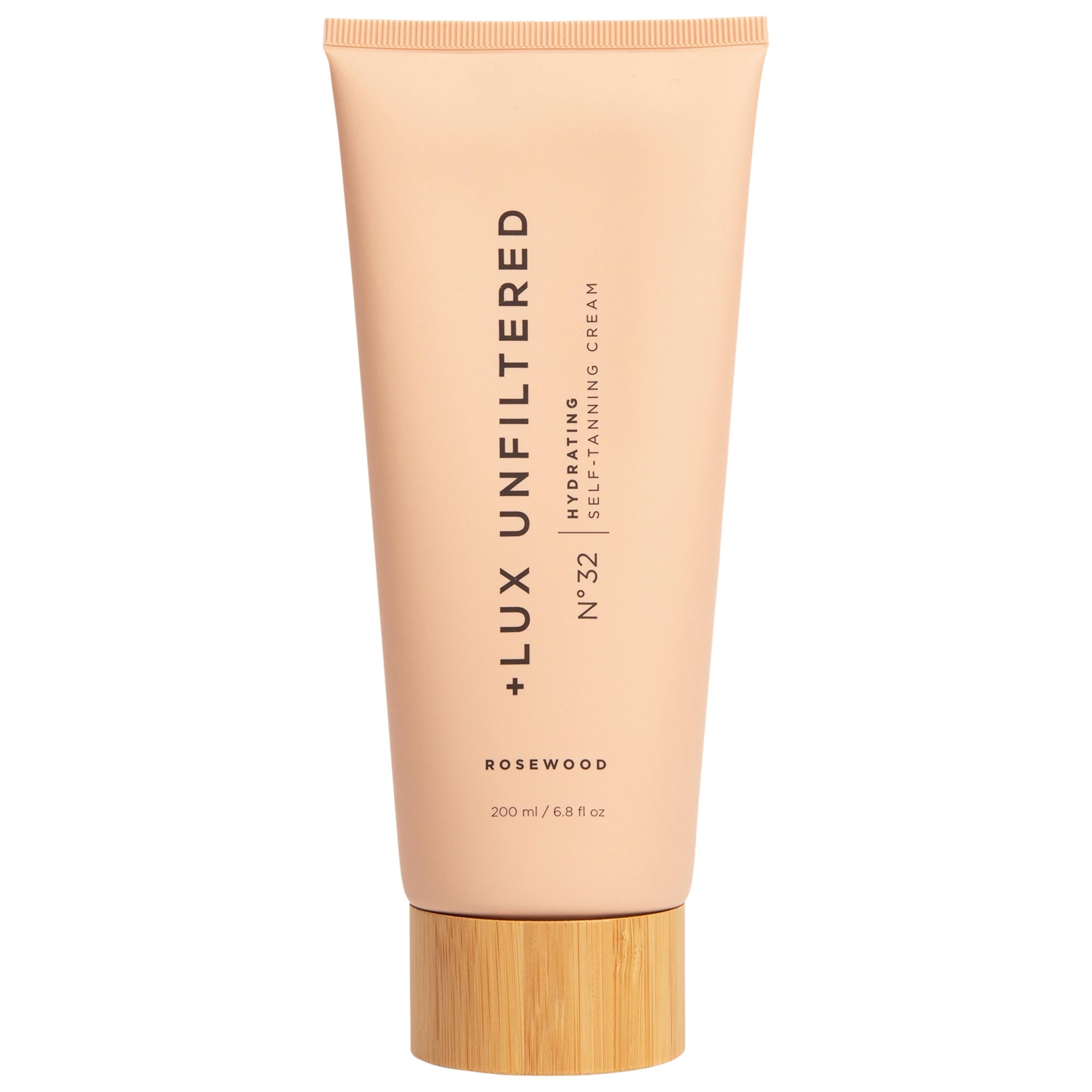
Pros: Contains hydrating, organic ingredients like shea butter, squalane, and avocado
Cons: Strong scent
Key specs: 6.8 ounces
Although this option contains dihydroxyacetone, it's my favorite, and it works well for my sensitive skin. I don't use self-tanner often, but this one gives me such a natural, gorgeous glow. It's also super hydrating and can double as a daily lotion.
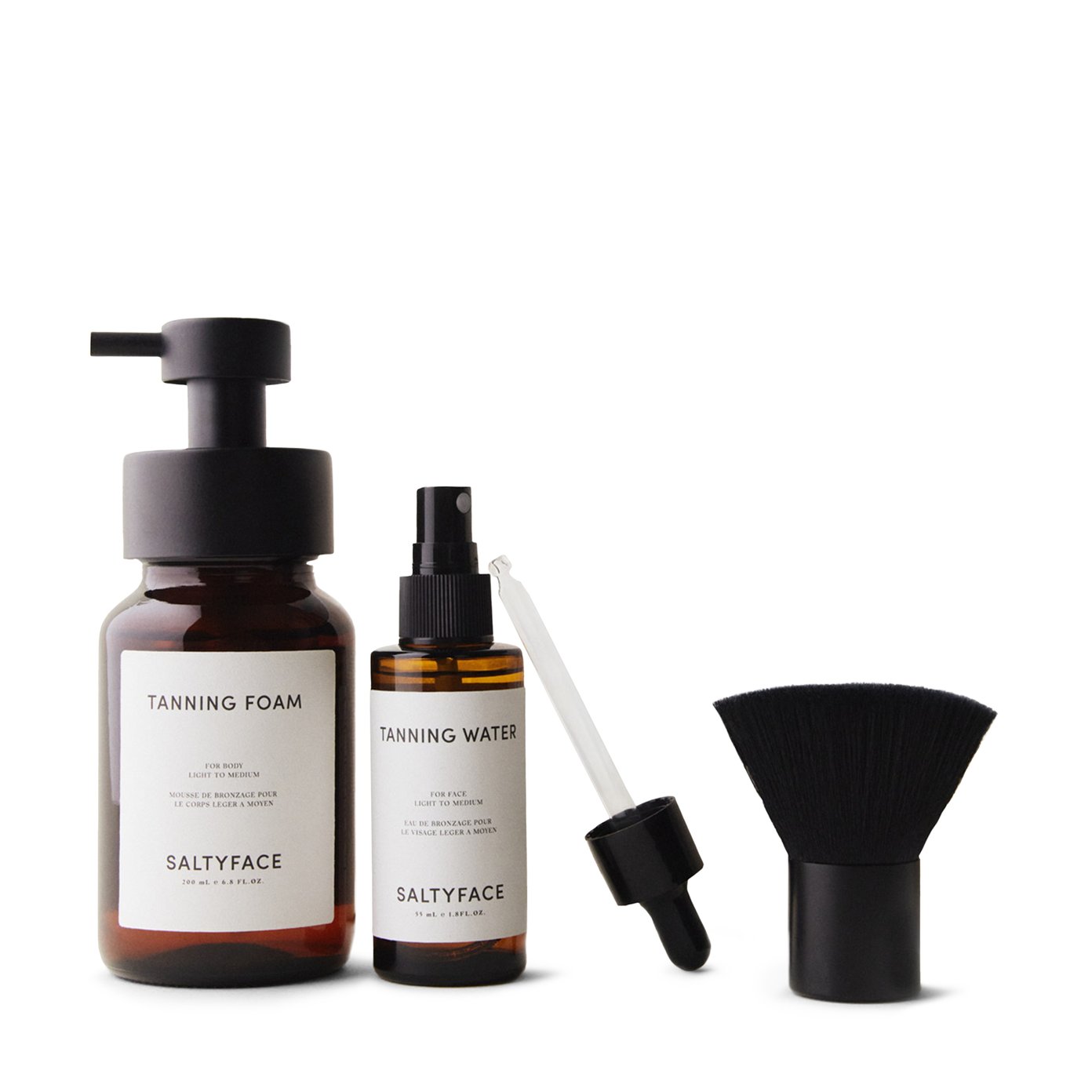
Pros: Great set for sensitive skin on the face and body, contains organic extracts that nourish skin, comes in two shades to suit a variety of skin tones
Cons: None
Key specs: 6.8 ounces and 1.8 ounces
This tanning set from Saltyface comes with four essential tanning items, including a formula for the body and one for the face. Gunn considers this one of the best options for the face and sensitive skin since it also contains other skin-nourishing ingredients.
"This one comes with an easy application brush and applies easily and uniformly. I have sensitive and extremely fair skin, and this feels so comfortable and looks so natural! The key ingredient in this is derived from sugar beets, so it's not full of harmful chemicals." — Gunn
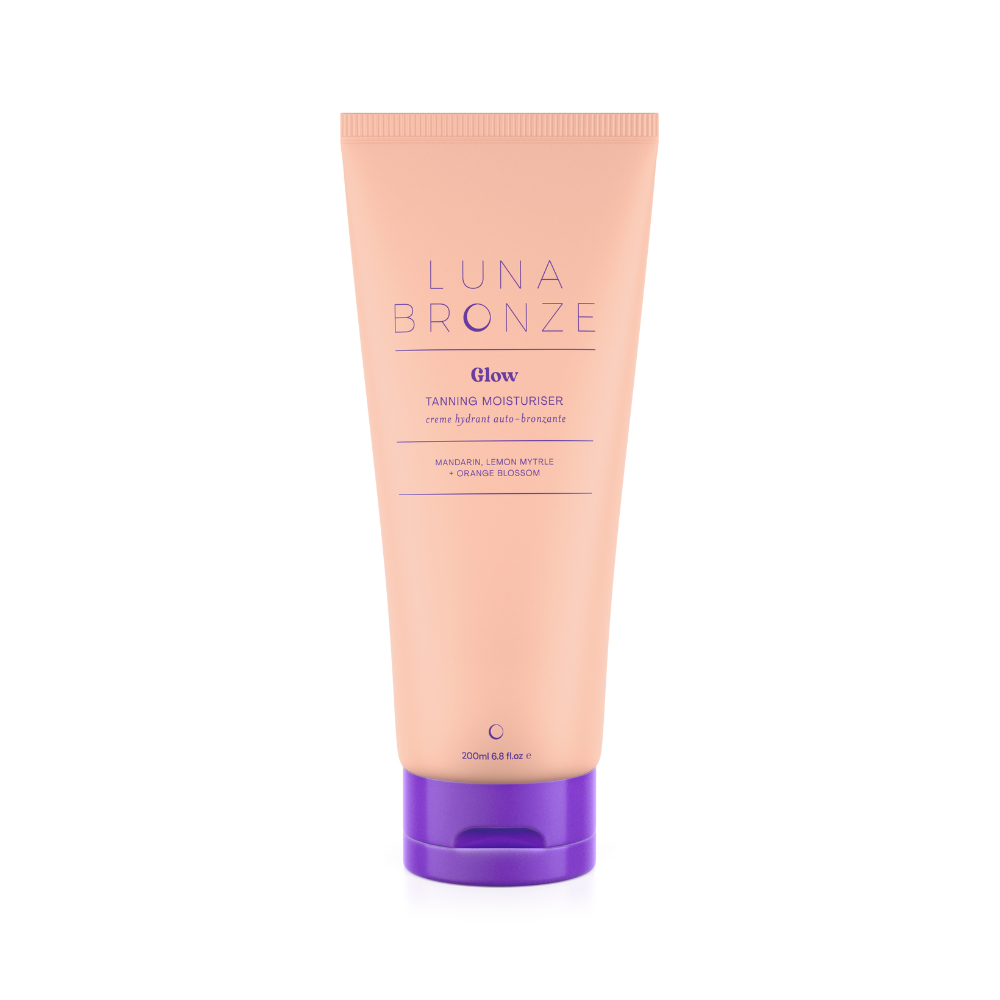
Pros: Contains nourishing organic ingredients, great moisturizer and gradual tanning option in one
Cons: Contains essential oils and may not be suitable for some skin types
Key specs: 6.8 ounces
This is another favorite option of mine for sensitive skin. When irritated, my skins breaks out in hives and becomes super itchy, especially if I use acids or retinol that are too strong for the body. This gradual tanning moisturizer is perfect. It never irritates my skin and is so hydrating. I like to use it year-round to give my skin an extra glow.
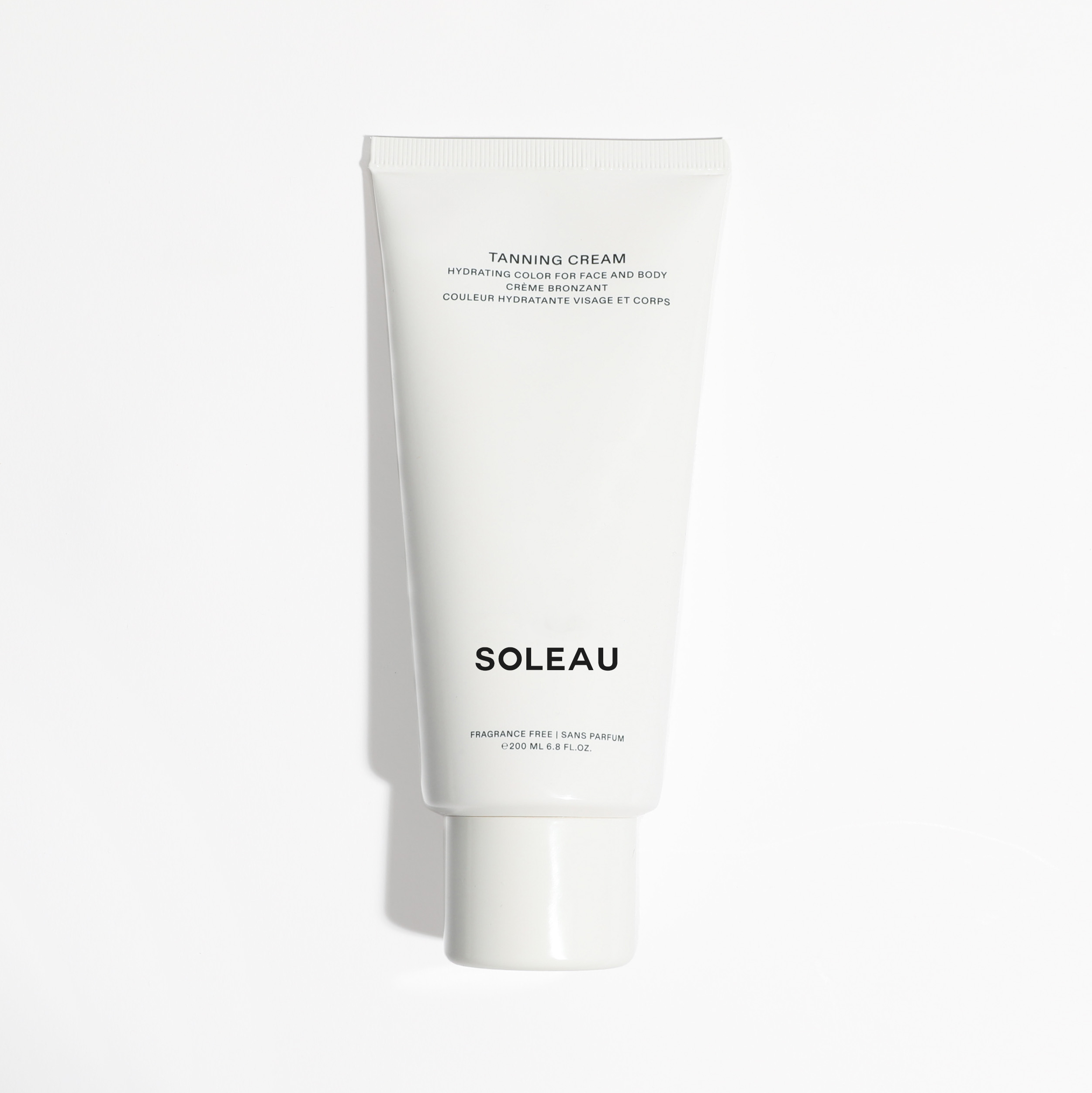
Pros: Fragrance-free, rich cream moisturizer with high-quality natural tanning actives
Cons: None
Key specs: 6.8 ounces
This tanning cream contains high-quality natural tanning actives and other rich ingredients that hydrate, brighten, and even out your skin tone. It's truly a summer tan in a bottle and a great option for sensitive skin if you can't really use regular tanners with fragrance and alcohol.
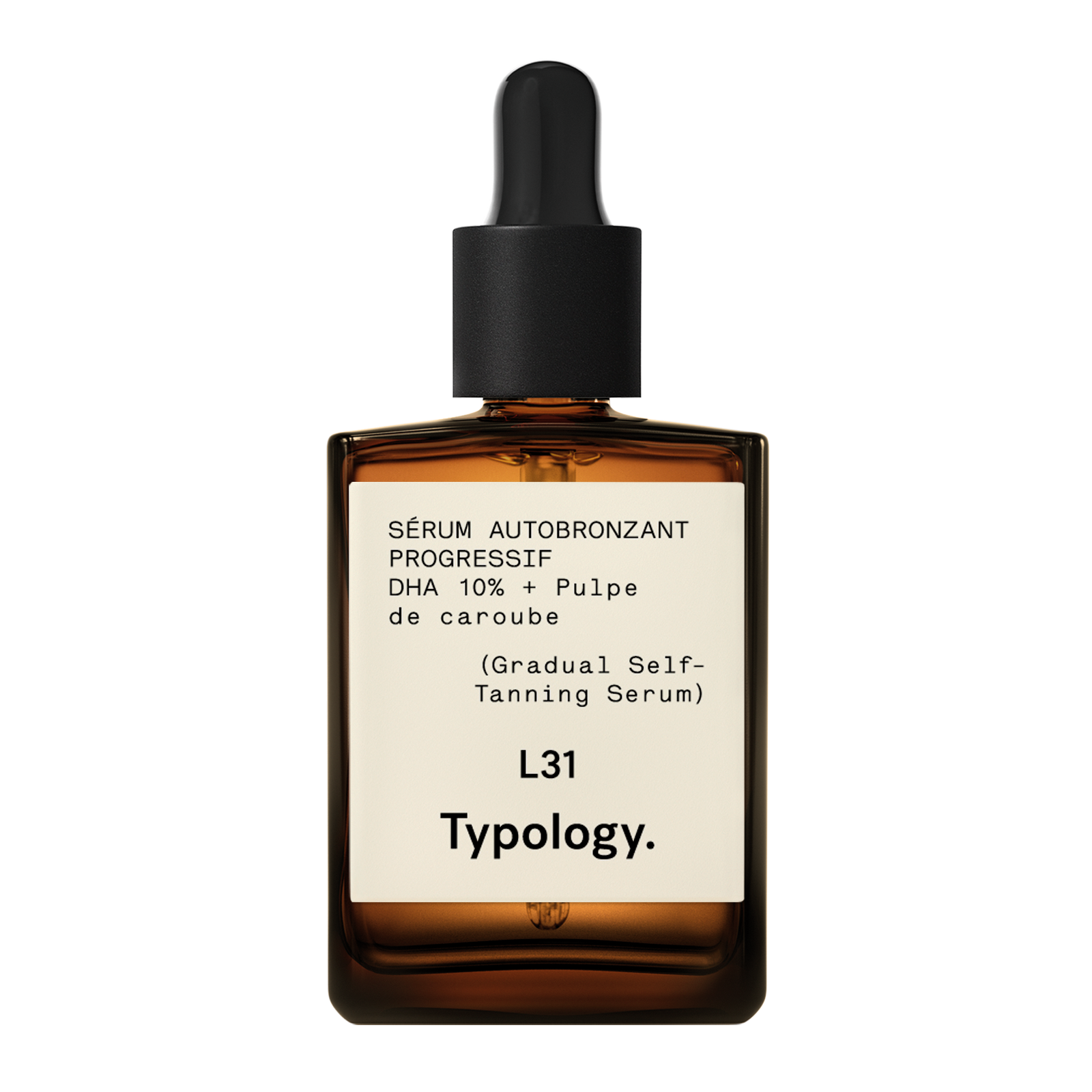
Pros: Provides a natural-looking tan for the face, non-streaky
Cons: Expensive
Key specs: 1 ounce
"My favorite self-tanning drops for the face are by Typology. I have tried a few, and these seem to provide a sun-kissed, non-orange look that will have people asking if you've been to the beach! They are perfect for sensitive skin." — Gunn
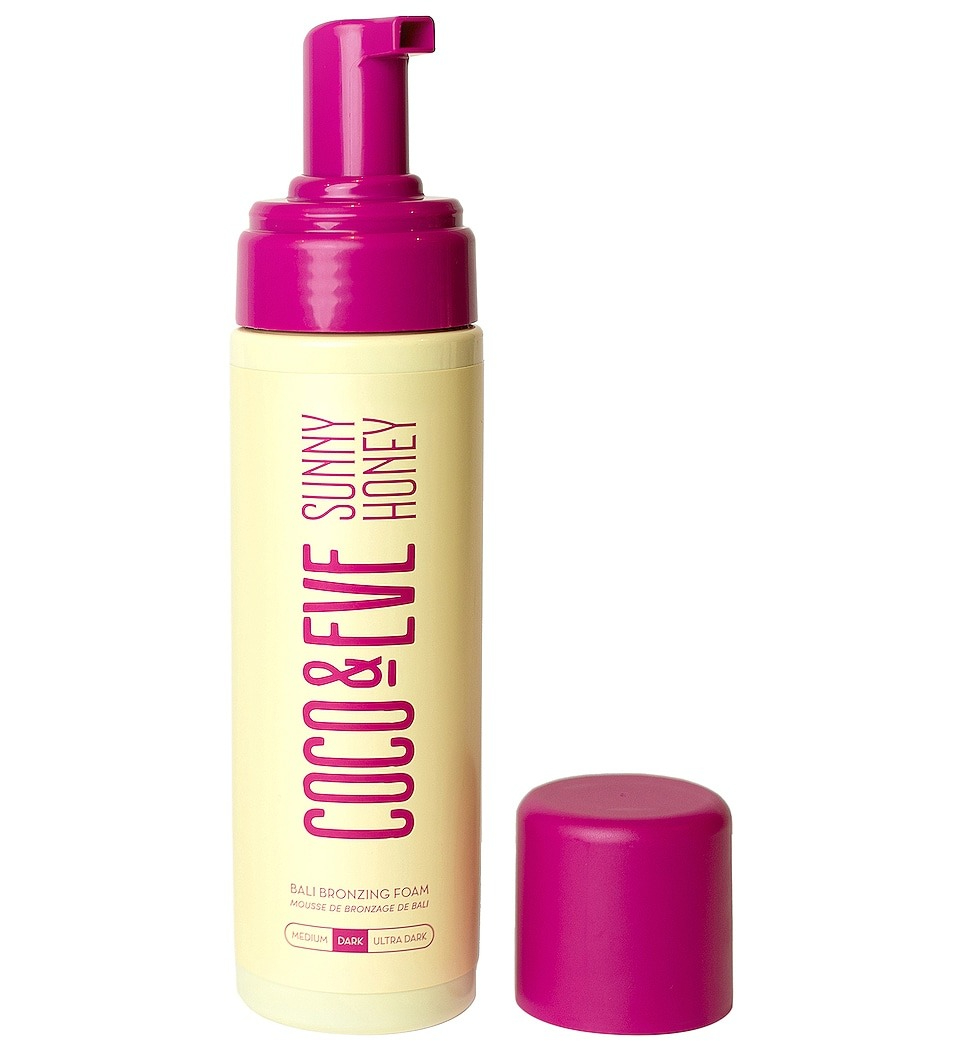
Pros: Comes in three different shades
Cons: Not fragrance-free
Key specs: 6.7 ounces
I love this option from Coco Eve because it comes in three different bronzed shades to suit different skin tones. It's also lightweight but extremely hydrating—my skin never feels dry after I apply it. It dries really fast, too, and isn't sticky or streaky. It is scented, so keep that in mind if your skin is sensitive to fragrance, but it doesn't bother my skin and may not bother yours either. Be sure to do a patch test beforehand.
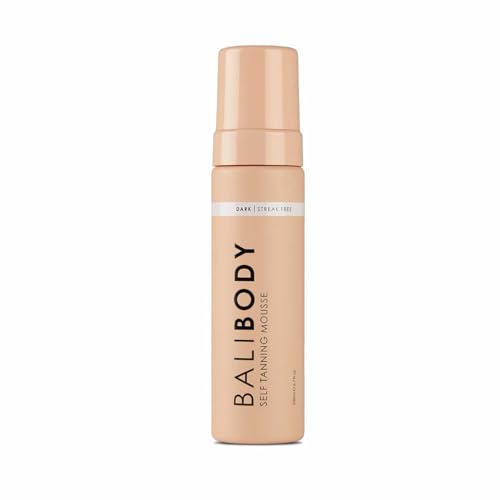
Pros: Customizable results, contains soothing and brightening ingredients like chamomile and antioxidants, quick-drying formula, streak-free, doesn't stain
Cons: Not alcohol-free
Key specs: 6.7 ounces
In addition to natural tanning agents, Bali Body's Self-Tanning Mousse contains soothing ingredients like chamomile, which are perfect for sensitive skin. It also contains brightening antioxidants to enhance your glow.
Shawna Hudson is a beauty, wellness, lifestyle, and travel writer with over 10 years of experience. She graduated from California State University, Fullerton, with a degree in journalism and has written for other publications such as Bustle, The Zoe Report, Byrdie, Elite Daily, and more. She is currently a beauty writer atBest Knockoff Luxury Clothing and hopes to continue feeding her (completely out-of-control) beauty obsession as long as she can. Stay up to date on her latest finds on Instagram @shawnasimonee.